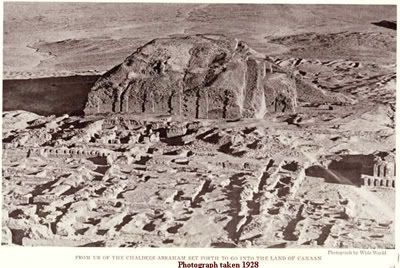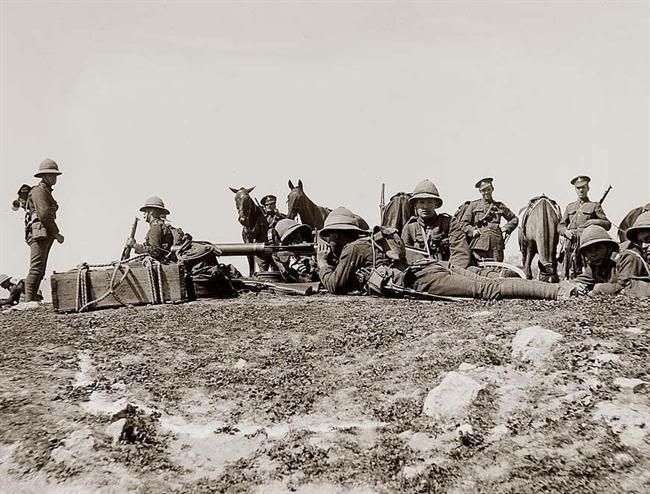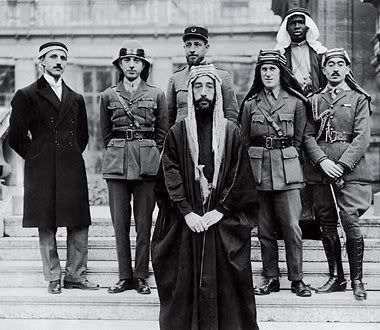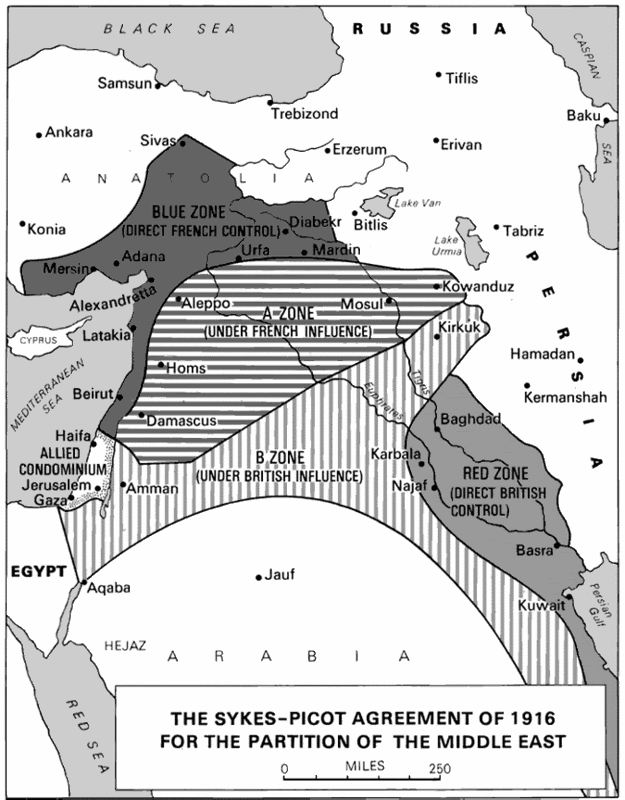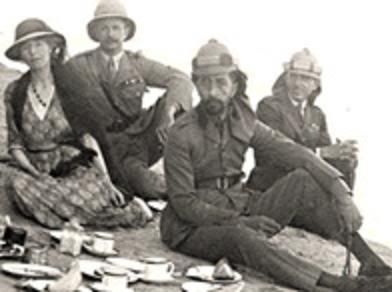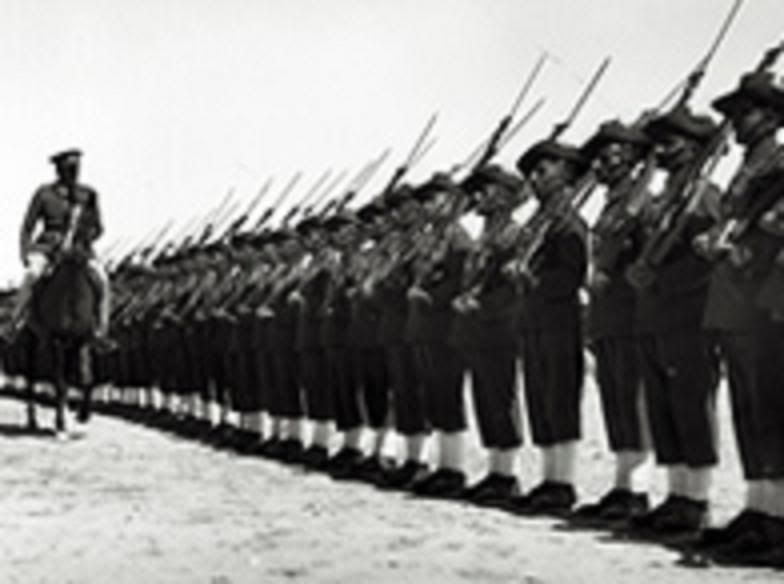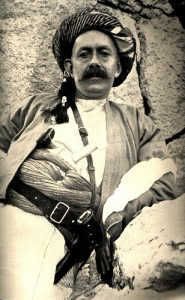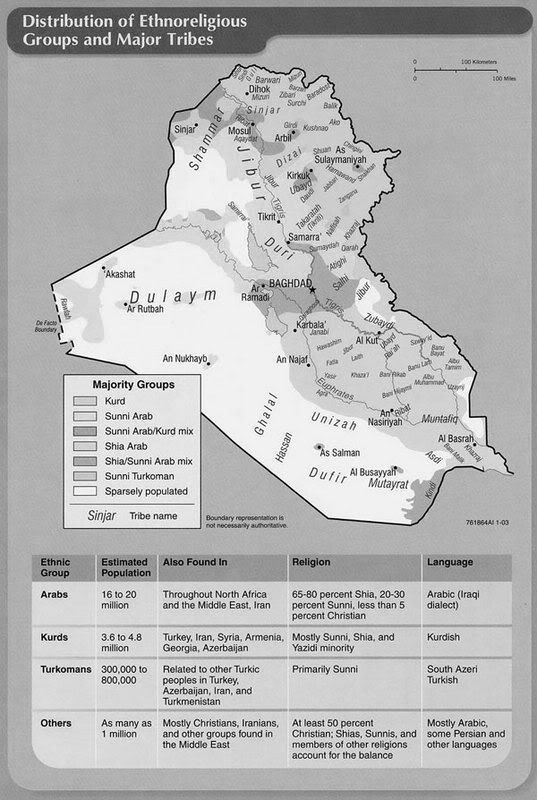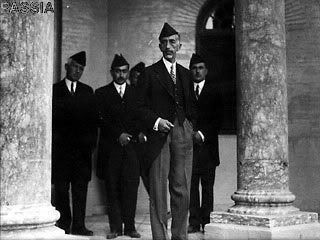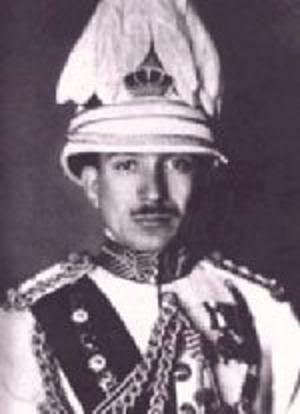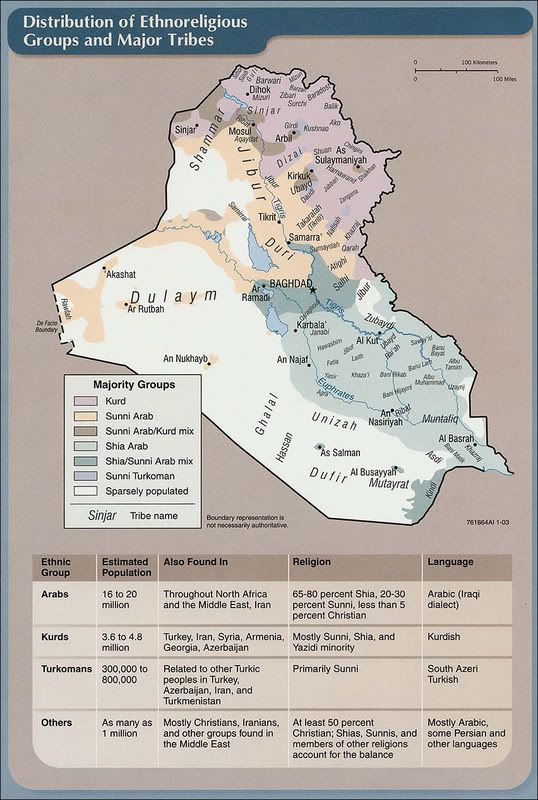From The Ashes
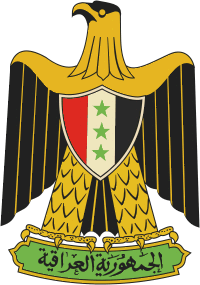
Into The Fire
A 1936 Iraq DD AAR
by
Elias Tarfarius
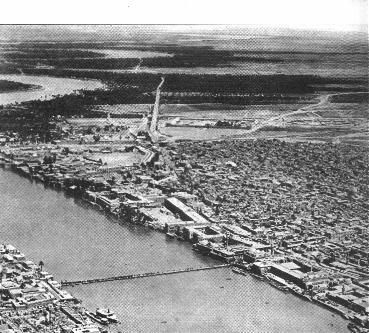

Into The Fire
A 1936 Iraq DD AAR
by
Elias Tarfarius

Baghdad
23.15 hours, 4.3.1939
The two men stood silent in the darkness on the roadside, looking at their work. Before them was a Rolls-Royce only slightly damaged by its run in with an electric column. In the vehicle lay the lifeless body of Ghazi I, second King of Iraq, sole son and heir of the great Faisal. Blood was now slowly running from the back of his head on to the floor of the vehicle.
“This is far too obvious, no one will believe that the King died in such a foolish way... I mean... he loved to drive fancy cars... it... it was one of his true passions. He always knew what he was doing... *stutters* This can only point to murder... regicide!” the shorter, more nervous man whispered to his partner.
“Calm yourself, Ahmed! What is done is done. Our success an only mean it was the will of God that this fool, our so-called 'king', be eliminated from the world and sent off to Paradise. What is there to question? The man is dead and no one can change that. Furthermore, our tickets to Cairo are waiting for us down the road. There are no culprits to blame... we shall get away 'scot-free' as the Englishmen say.” The taller man stared at his partner for a moment, hoping that his words had given Ahmed confidence in their mission. He then rose and stared to walk quickly down the road.
Ahmed leaped up and ran after the taller man, almost tripping over a rock as he grabbed him by the arm. “But we have killed him! We know that we have done this... this... wicked thing! Not all the money and the crafty escapes in the world can change that.”
The taller man became angry now, ripping his arm away from Ahmed's grasp. “Fool, Ghazi was an ingrate that let much evil befall this country in his time. Let the old, toothless women weep for him, because I will not... Never will I!! Your will is by far too weak for this. You might even confess!” The taller man laughed even as he reached into his pocket for his pen knife. “Perhaps it is better you joined your king in the afterlife, Ahmed.”
Last edited:


